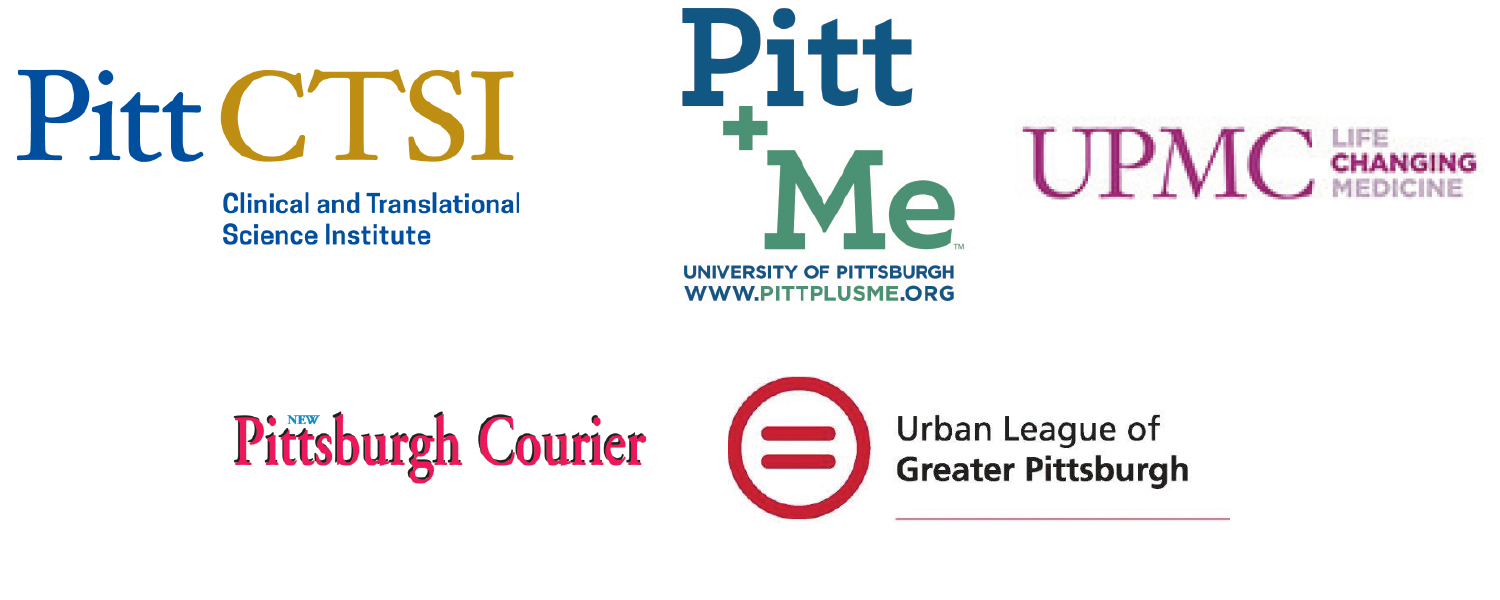Numerous studies have focused on the effects of social media on adolescent health and well-being during their formative years, highlighting both positive and adverse outcomes faced by adolescents. Yet, the effects on minority groups, especially stigmatized communities like queer youth, remain less acknowledged. The term LGBTQ+ refers to people who identify as lesbian, gay, bisexual, transgender, queer and questioning. Due to limited acceptance in many parts of our society, along with lack of family and community support, LGBTQ+ youth often seek community and support in online environments such as social media.

CÉSAR ESCOBAR-VIERA
Dr. César Escobar-Viera, Assistant Professor of Psychiatry and Behavioral and Community Health Sciences at the University of Pittsburgh, works to improve the mental health and well-being of LGBTQ+ youth as they navigate the complexities of social media. Through his research group called the PRIDE iM lab, he develops and implements digital interventions for and with young people, often with a focus on educating and providing online resources to LGBTQ+ youth so they have more positive experiences on social media. . The PRIDE iM lab focuses on better understanding the bidirectional relationships between social media use and mental health, while recognizing and leveraging the critical role of supportive online environments in their well-being.
Challenges for LGBTQ+ Youth Online
Marginalized groups, such as LGBTQ+ youth, endure stress from violence, stigma, and discrimination—factors exacerbated online by anonymity. Minority stress theory helps explain how these stressors that are unique to LGBTQ+ youth can contribute to self-discrimination and self-hate, which then contributes to health problems like depression, anxiety, substance use problems, eating disorders, and self-harm. Dr. Escobar-Viera explains, “When the minority stress theory was developed social media was barely a thing. So, the question that not just we, but also other researchers, are trying to answer is whether there is a difference on how this theory applies online versus in person.” Dr. Escobar-Viera is curious about how to adapt minority stress theory to online settings and to increase protective factors for youth, emphasizing the importance of safe online spaces for a healthy adolescent development.
Impact of Race in Online Interactions
LGBTQ+ youth of all races face both opportunities and risks online, and experiences vary. Black LGBTQ+ youth prefer spaces with peers who share their experiences as Black and LGBTQ+, while their Latin American peers often opt for anonymity. “Interestingly our White LGBTQ+ youth had neither of these preferences, which was very illuminating in showing the differences in how different races and ethnicities interact with social media within the LGBTQ+ community,” he notes. Understanding these nuances is crucial for tailoring support effectively, a focus of ongoing research at the PRIDE iM Lab.
Navigating Online Negativity
Effective interventions guide teens in identifying and disengaging from negative online interactions. Dr. Escobar-Viera explains, “It is totally okay to shut down a social media connection that is not behaving as an actual ally. That’s one of the best things about social media, it allows us to connect with those who bring positive things into our lives and limit our connections with those who don’t.” Dr. Escobar-Viera advises vigilance against such false allies and stresses the importance of data privacy, reminding teens to manage their digital footprint cautiously. Specifically, it is important to teach and remind teens, especially youth in vulnerable communities like the LGBTQ+, that they may not know people they meet online as well as they may think and to be careful about how much of themselves they allow these people online to have access to.
Role of the PRIDE iM Lab and Opportunities for Involvement
The PRIDE iM Lab aims to reduce mental health disparities among LGBTQ+ people through research and interventions on social media. Their work includes observational studies to continue uncovering the relationships between social media use and mental health and developing chatbot interventions tailored for various LGBTQ+ groups, including racial minorities and youth in rural areas. They collaborate with community organizations to ensure research benefits LGBTQ+ youth directly. They partner with community organizations like Casa San Jose and the Hugh Lane Wellness Foundation to make sure that LGBTQ+ youth are getting opportunities to participate in and learn from this research. The PRIDE iM lab also utilizes a human-centered approach to their research by centering the voices of those most affected by their research in the study design process.
To learn more about the Pride iM Lab’s research or get involved, visit www.prideim.pitt.edu. You can also contact Dr. Escobar-Viera at escobarvieracg@upmc.edu or research coordinator Tylar Schmitt at schmitttn@upmc.edu for further information.
